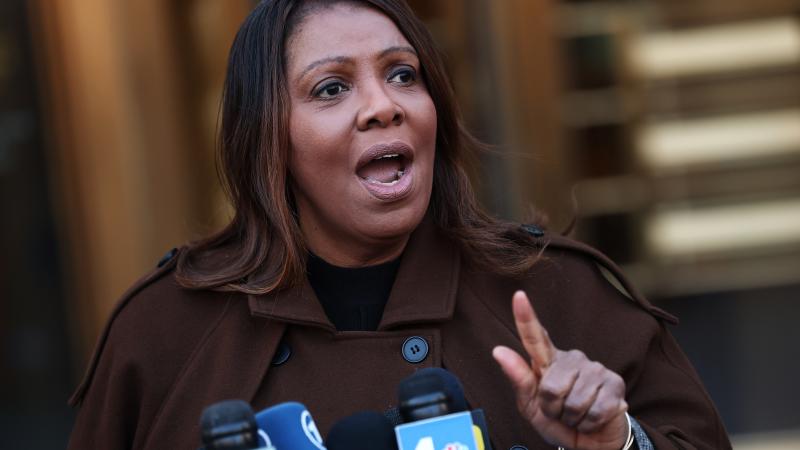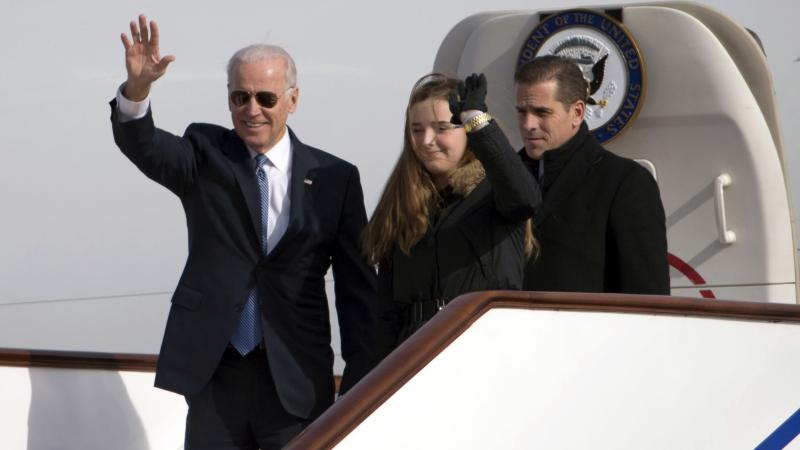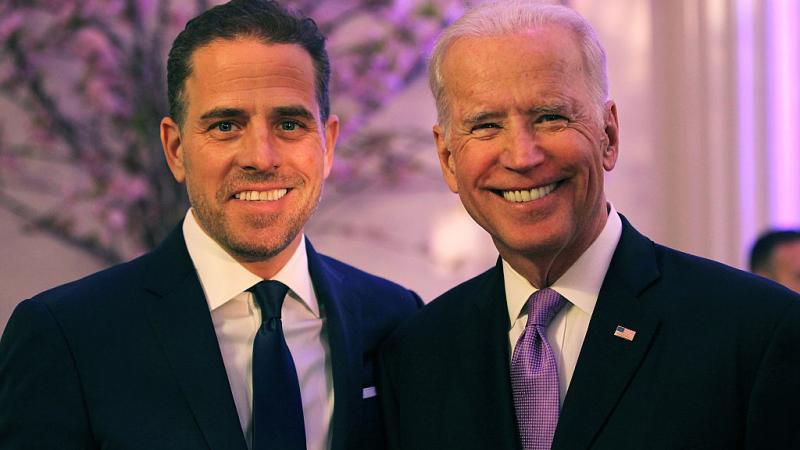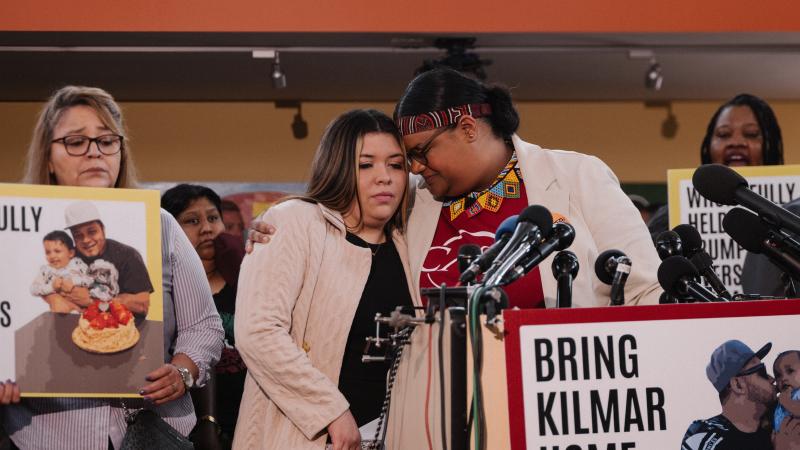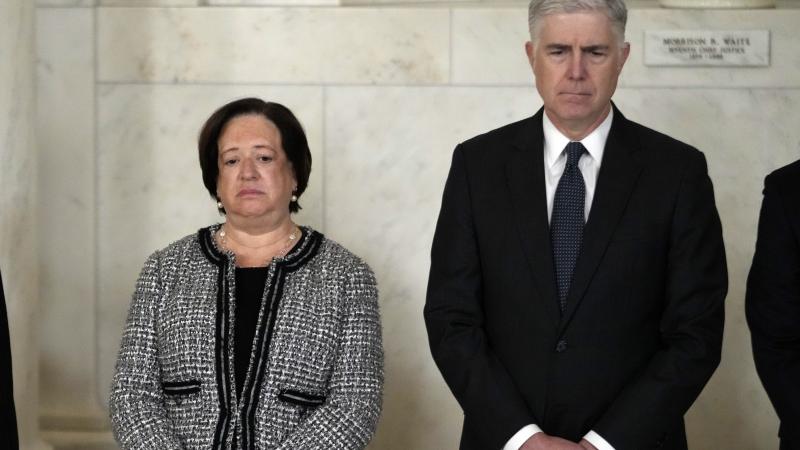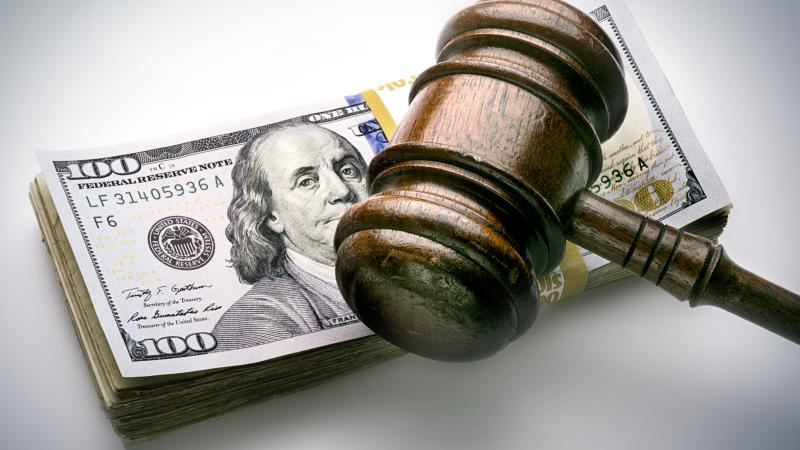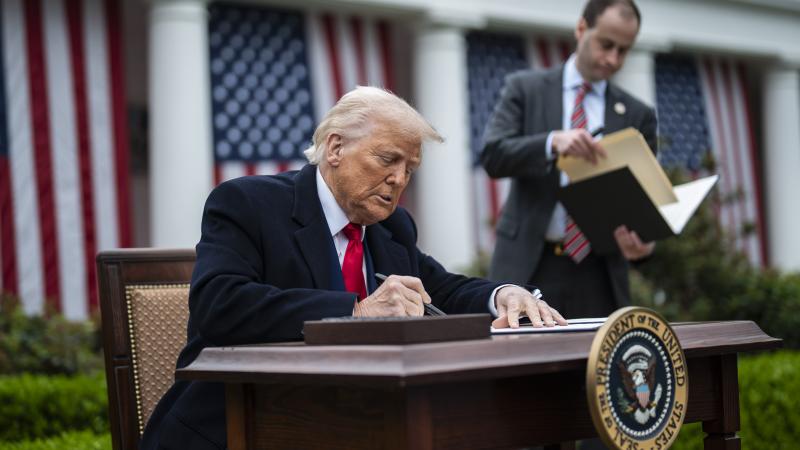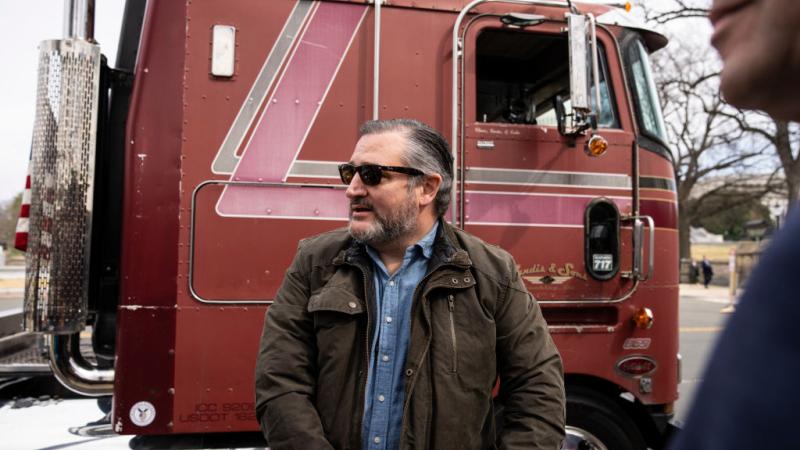Like her father, Liz Cheney faces questions about wading into gray area of political ethics
Cheney may be following in her father’s footsteps as a narrative builder and politician undeterred from operating in ethical gray areas.
After sharply criticizing Trump in the wake of the Jan. 6 riot, Rep. Liz Cheney helped spearhead the House Democrats' investigation into the president over the incident, one of only two Republican members who broke with their party to do so.
Apparently recognizing that her days as a Republican voice were numbered, Cheney has deftly maneuvered into a new role: Helping Democrats construct a narrative about the dangers of Donald Trump. New evidence suggests Cheney may have ignored ethical considerations in doing so.
The emerging pattern suggests Liz Cheney may be following in her father’s footsteps as a narrative builder and politician undeterred from operating in ethical gray areas. Former Vice President Dick Cheney, she says, will join his daughter in voting for the Democratic nominee Vice President Kamala Harris this year.
Cheney, once a conservative member of the U.S. Congress that voted with Trump over 90% of the time, is now facing scrutiny from her former Republican colleagues for influencing a key witness against Donald Trump in a January 6 investigation she helped lead, possibly violating ethics norms in the process, Just the News reported Tuesday.
The witness with whom she secretly spoke, Cassidy Hutchinson, would later change her original testimony in a shocking fashion—providing some of the most infamous narratives from the select committee’s televised hearings and final report.
The communications between Hutchinson and Cheney on the encrypted Signal app were recently obtained by Rep. Barry Loudermilk, R-Ga., chairman of the House Administration oversight subcommittee that has identified significant problems with the original Democrat-run inquiry into the Jan. 6 incident.
The messages are now raising fresh concerns about the ethical conduct of that Democrat-run investigation and Cheney’s key role on the otherwise partisan committee. At the time of the communication, Hutchinson was represented by attorney Stefan Passantino, who told Just the News he did not authorize the contacts with Cheney and was not aware of them until contacted by Just the News.
Chairman of the House Administration Subcommittee on Oversight Barry Loudermilk told Just the News that the communications indicate that Cheney "defied her ethical responsibilities" and may have influenced a witness outside of her lawyer's presence, eventually causing Hutchinson to switch lawyers.
"Cheney unethically and knowingly communicated with Hutchinson—without Hutchinson’s attorney’s knowledge—and by doing so finally revealed the flawed process and alleged findings of the Select Committee," Loudermilk told Just the News. "Cheney had an ethical responsibility to only communicate with Hutchinson with her attorney present.”
After jettisoning Passantino, Hutchinson would go on to alter several components of her original testimony and provide new accounts that would feature prominently in the final report, including some that were disputed by other witnesses.
Cheney did not respond to a request for comment from Just the News about the encrypted messages.
Just the News previously documented several of new narratives Hutchinson brought to the committee memorialized in an errata sheet, including the infamous story about then-President Trump allegedly grabbing the wheel of the presidential vehicle in anger after the Secret Service allegedly refused to take him to the Capitol.
Cheney’s under-the-table contacts with Hutchinson is the latest revelation to stain the Jan. 6 committee’s work.
A House Republican report released by Loudermilk’s committee found the Democrat-led panel withheld crucial evidence from the public, including witness interviews that conflicted with some of Hutchinson’s most sensational claims, including the story about Trump’s reaction in the presidential vehicle.
Much like the younger Cheney’s role in shaping the official narrative from Jan. 6 committee, her father operated in the gray areas during seismic moments in American politics, ranging from the 2003 invasion of Iraq to backlash over enhanced interrogation methods during the War on Terror.
For example, then-Vice President Cheney was instrumental in propagating the narrative that justified the United States’ 2003 invasion of Iraq, despite intelligence contradicting his public claims. Cheney repeatedly insisted there was a connection between Iraqi dictator Saddam Hussein and al-Qaeda—the group which attacked the United States on September 11, 2001.
“We learned more and more that there was a relationship between Iraq and al-Qaida that stretched back through most of the decade of the '90s, that it involved training…” Cheney told Meet the Press in September 2003.
But Cheney’s public comments came after he was informed by an intelligence community report that American officials hadn’t been able to directly link Hussein with the terrorist group.
Just ten days after the 9/11 attacks, President George W. Bush was reportedly told by the intelligence community that there was no credible evidence to tied Hussein to either the terror attacks or showed that the terrorist group was linked to Iraq in any way, the National Journal reported in 2005.
This assessment was later folded in to a more comprehensive CIA report that came to the same conclusion and was sent to Bush, Vice President Cheney, and other senior administration officials.
Cheney never walked back his support for the war, even after public reporting that the U.S. intelligence community did not have evidence to support his claims.
In 2005, Cheney called allegations that the Bush administration manipulated intelligence to justify the war “dishonest and reprehensible,” NBC News reported.
“Some of the most irresponsible comments have, of course, come from politicians who actually voted in favor of authorizing force against Saddam Hussein,” Cheney reportedly said.
Cheney has also come under scrutiny for whitewashing the Bush administration’s “enhanced interrogation” policies despite a Senate Intelligence Committee report finding the methods were ineffective and brutal.
As the Bush administration wound down in late 2008, Cheney continued to defend his zealous promotion of the interrogation methods used in Guantanamo Bay and elsewhere -- which many called torture -- telling The Washington Times “it would have been unethical or immoral for us not to do everything we could in order to protect the nation.”
He also vowed to make the same decisions if he had to do it all over again. “And I feel very good about what we did. I think it was the right thing to do. If I was faced with those circumstances again I’d do exactly the same thing,” Cheney said.
“Was it torture? I don’t believe it was torture,” the vice president said, according to the Times.
Like her father, Liz Cheney defended the Jan. 6 Select Committee in the face of Republican criticism that the panel was politicized before evidence emerged about Hutchinson’s shifting testimony and withheld testimony.
“The Jan. 6 investigation isn’t only about the inexcusable violence of that day," Cheney wrote in a Wall Street Journal op-ed after House Republicans censured her and Rep. Adam Kinzinger for their participation on the committee. “It is also about fidelity to the Constitution and the rule of law, and whether elected representatives believe in those things or not.”
"Those who do not wish the truth of Jan. 6 to come out have predictably resorted to attacking the process — claiming it is tainted and political. Our hearings will show this charge to be wrong,” she asserted.

